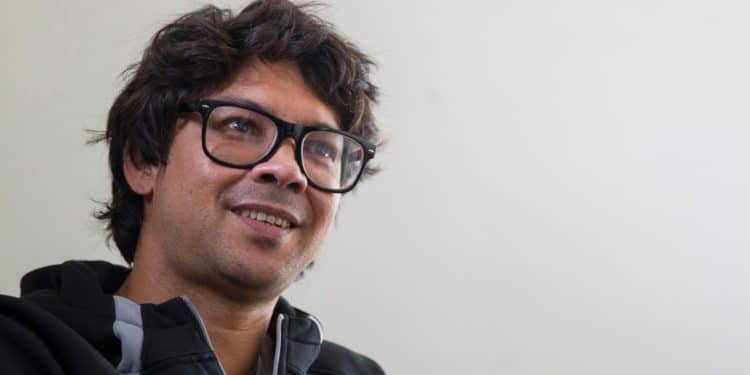The Diplomat
Cuban opposition leader Yunior García, one of the promoters of the “Civic March’ in Cuba, said yesterday in Madrid that the island’s government is “a dictatorship of bureaucrats”, and neither are they “revolutionaries” nor “do they have anything to do with the people”.
García arrived in the Spanish capital by surprise on 17 November because, he explained, both he and his wife were in danger in Cuba, after promoting the civic march against the Cuban government, and right now he has “a short term visa with limited territorial validity”.
In a conversation at the Ateneo in Madrid with Valentina Martínez, secretary for International Relations of the PP, García considered his arrival in Spain last week to be “miraculous”, given that his “destiny was prison”, reports Efe.
The dissident denounced “interrogations and permanent surveillance” by the Cuban government in the days prior to his departure from the country and criticised the current situation on the island, where, he said, the authorities use “panic” to control citizens.
García, a member of the dissident platform Archipiélago, said that “the regime is in panic and very closed” and that the arrival of social networks provided “a window of hope” for organising in the country.
“Supposedly the United States sends a lot of money to the opposition, we were just kids with mobile phones and social networks, that was our job and our crime,” he said.
García recalled that the Archipiélago movement “is not of the right, nor of the left, nor of the centre”: “we have in common what hurts us about Cuba, through civic actions, not through violence”.
In this vein, he commented that his activism went to another level after the arrest of the artists of the San Isidro movement in November last year. “I grew up as a revolutionary child in a revolutionary family, I wanted to change things from there, through the permitted channels, but from that moment on I understood that it was very difficult to change things through those channels”, he said.







